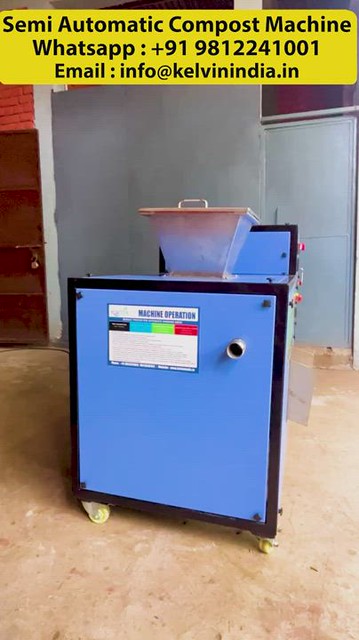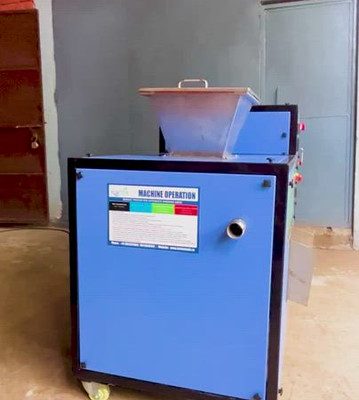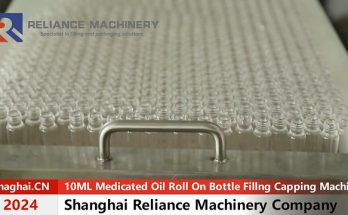Organic Compost Making Machine: Revolutionizing Waste Management
In organic compost making machine troduction:
In today’s world, organic waste management is becoming increasingly crucial due to the rapid depletion of natural resources and environmental concerns. To address this issue, innovative technologies such as organic compost making machine have emerged as a sustainable solution. This article explores the manufacturing process, features, advantages, usage methods, how to select the right product, and concludes with the potential impact of these machines on waste management.
Manufacturing Process:
The production of organic compost making machines involves advanced engineering techniques and environmentally friendly materials. These machines are designed to efficiently convert organic was Membrane compost series products te into nutrient-rich compost through a simple yet effective process.
Features:
Organic waste composting equipment offers several unique features that make it an indispensable tool for waste management:
1. High Efficiency: With its state-of-the-art technology, these machines can rapidly decompose organic waste into high-quality compost.
2. Versatility: The range of sizes available ensures suitability for various scale Organic waste recycling machine s of operations – from small households to large-scale industrial facilities.
3. Odor Control: Advanced odor control systems incorporated in these machines mitigate any unpleasant smells during the decomposition process.
4. User-friendly Interf organic compost making machine ace: Intuitive controls allow easy operation without requiring extensive technical knowledge or expertise.
Advantages:
Investing in a reliable organic compost making machine brings numerous benefits:
1. Environmental Sustainability: By diverting organic waste from landfills and incineration plants, these machines significantly reduce greenhouse gas emissions and soil pollution caused by landfill leachate.
2.Cost-effectiveness:Producing high-quality compost on-site eliminates expenses associated with purchasing fertilizers while simultaneously reducing transportation costs involved in disposing of organic waste offsite. organic compost making machine
3.Resource Conservation:Composting converts nutrients from food scraps and garden trimmings back into ric Membrane compost series products h soil amendments that enhance crop productivity while promoting water retention capabilities.
4.Community Engagement:Using an Organic Waste Recycling Machine not only raises awareness about responsible waste disposal but also provides a unique opportunity for individuals and communities to actively participate in sustainable practices.
Usage Methods:
Operating an organic compost making machine i Composting machine for organic waste s a straightforward process:
1. Assemble the machine according to the manufacturer’s instructions.
2. Load organic waste materials into the designated compartment.
3. Activate the system, ensuring proper monitoring of temperature and moisture levels.
4. Regularly turn or agitate the mixture to facilitate decomposition, maximizing compost production.
5. Harvest mature compost after an optimal period.
How to Sele organic compost making machine ct the Right Product:
When choosing an organic compost making machine, several factors should be considered:
1.Capacity:Determine your required processing capacity based on the volume of organic waste generated regularly.
2.Efficiency:Research customer reviews and ratings regarding each model’s performance in terms of decomposition speed and final product quality.
3.Maintenance: Consider ease of cleaning, availability of spare parts, and reliability befor

e purchasing.
Conclusion:
Organic Compost Making Machines represent a significant breakthrough in waste management technology by providing a sustainable solution for efficiently converting organic waste into nutrient-rich compost. Their manufacturing processes employ advanced engineering techniques while their features enable user-friendly operation with exceptional efficiency levels. The advantages span environmental sustainability, cost-effectiveness, resource conservation, and community engagement – all key aspects towards building a greener future. By selecting products that match specific requirements carefully, individuals can contribute positively Organic waste composting equipment to both local ecosystems and global efforts in combating climate change through responsible waste management practices using Organic Compost Making Machines


